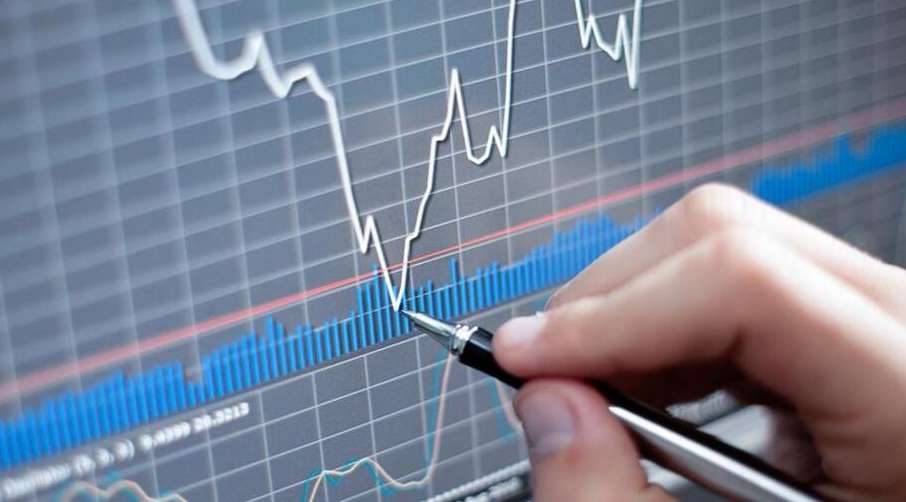South Korean Stock Market Suffers Major Crash
Advertisements
In recent news, the South Korean KOSPI index has experienced significant volatility, registering a steep decline of over 2% this morning, bringing this year’s losses close to 10%. While South Korea grapples with these economic challenges, the Japanese stock market has shown relative resilience, drawing attention to the distinction between the two nations’ financial landscapes as we move into 2024.
Analysts attribute this downturn primarily to two critical factors: the deteriorating security situation on the Korean Peninsula and the ongoing issues within the South Korean economy, especially demographic challenges and rising national debt, which are weighing heavily on market expectations.
This morning, South Korea's financial market experienced a sharp drop as the KOSPI index fell beyond the 2% mark in what appears to be a downward trend that has persisted since the beginning of the new year. Despite a noteworthy surge last year, where the total market capitalization of the Korean stock market surged nearly 500 trillion won (approximately 2.7 trillion RMB) due to a substantial uptick in stock prices, 2024 has begun on a troubling note, marked by sustained losses.
The KOSPI index peaked at 2675.8 points but entered a phase of decline that lasted for eight consecutive days. A minor rebound on the ninth trading day gave investors hope, but this was short-lived as the index fell sharply again over the last two trading days, signaling growing concerns among investors.
In contrast, other global markets are exhibiting resilience. Major indices in the United States, like the S&P and Nasdaq, have seen substantial recovery following initial dips. The Japanese stock market, in particular, has outperformed its South Korean counterpart, soaring to new highs amid expectations of tighter monetary policy from the Bank of Japan. Surveys of investor sentiment indicate strong bullishness toward Japanese equity, even in the face of global economic uncertainties.

Interestingly, although Japan's economy also relies heavily on exports, the divergence in performance between South Korea and Japan is striking. A report from China International Capital Corporation emphasized that Japan's monetary policy is unlikely to undergo radical changes anytime soon, suggesting that after a period of easing by the Federal Reserve, Japan may achieve a stabilizing effect. Nonetheless, analysts have cautioned against aggressive market entry in the short term given current elevated valuations, while maintaining a long-term perspective that considers the structural changes and reassessment of Japan’s investment landscape by global investors.
Turning our focus back to South Korea, the economic challenges are becoming more pronounced. A report from the Ministry of Economy and Finance indicates that as of November last year, the nation's debt level stood at approximately 1109.5 trillion won (around 6.05 trillion RMB), marking a quarterly increase of 4 trillion won and a staggering year-on-year increase of 76 trillion won. Compounding this, a deficit of 19.5 trillion won was recorded when offsetting total revenue with expenditures. After considering management of social security funds, the comprehensive fiscal deficit rose to 64.9 trillion won, significantly exceeding annual projections.
Moreover, the Korean Statistical Office recently revealed that the number of physical laborers in South Korea dropped to 3.927 million in the previous year, a decline of 118,000 (2.9%) from the year before. This marked the largest drop since the introduction of the national industry classification system in 2013, revealing underlying issues in the labor market.
Furthermore, when we consider trends prior to 2013, this drop is the steepest since the aftermath of the Asian financial crisis in 1998, a critical period that reshaped the region's economic fabric. A notable factor contributing to the decline is the contraction in global trade, with a significant portion of job losses occurring within the manufacturing sector, which alone accounted for over half of the overall decrease in labor positions. This downturn in manufacturing is primarily attributed to sluggish economic conditions, which have put pressure on low-income families, particularly as the third quarter of last year saw the lowest-income households—a demographic comprising the bottom 20% of earners—report a meager average monthly income of just 1.122 million won (approximately 6,123 RMB), the only income bracket to record a decline.